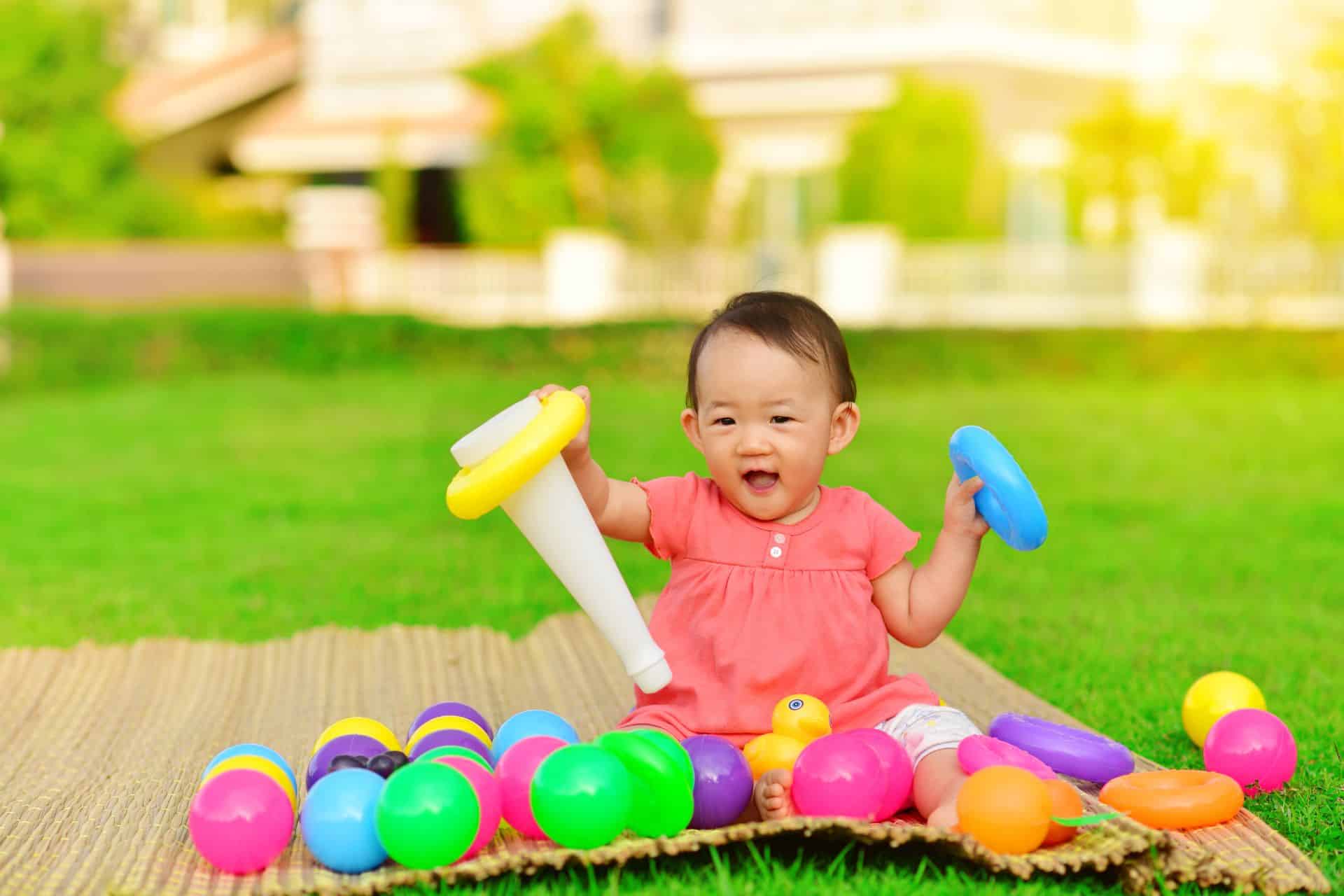Egg Donation and Gestational Surrogacy: Empowering Families in Singapore and Australia
The concept of family has evolved over the years. In recent times, assisted reproductive technologies (ART) such as egg donation and gestational surrogacy have emerged as crucial options for individuals and couples seeking to build their families. This blog explores the practice of egg donation and gestational surrogacy, focusing on their empowering aspects for families in both Singapore and Australia. While these two countries share similarities in their approach to ART, there are also distinct cultural, legal, and ethical considerations that shape the utilization of these techniques.
Asian Egg Donation: A Pathway to Parenthood for Asian couples and singles
Egg donation involves the contribution of a woman’s eggs to be fertilized with sperm and implanted into the uterus of another woman. This technique addresses issues of female infertility, genetic disorders, or the desire to have a child with a diverse genetic background. In Singapore and Australia, Asian Egg Donation, particularly Chinese egg donation, has offered a lifeline to couples struggling with conception. By utilizing Asian donor eggs, these couples can experience the joys of parenthood, overcoming biological barriers that might have otherwise impeded their dreams.
In both countries, the availability of egg donors plays a pivotal role in the success of assisted reproduction. However, the approach to recruitment and compensation of egg donors differs. Australia follows an altruistic model where donors are not financially motivated, reducing the risk of exploitation and ensuring that donors participate out of genuine goodwill. Conversely, Singapore allows for reasonable compensation to egg donors, recognizing the physical and emotional commitment required. This highlights the distinct cultural perspectives and societal norms that influence these countries’ strategies in empowering families through egg donation.
Intending Parents in both countries often turn to overseas egg banks and agencies due to the lack of suitable egg donors locally. Learn more about our egg donation program.
Gestational Surrogacy: Redefining Parenthood for Australian and Singapore intending parents
Gestational surrogacy takes the concept of assisted reproduction further by involving a surrogate mother who carries and delivers a child on behalf of another individual or couple. Gestational Surrogacy has gained prominence for both Singapore and Australia intending parents as a means of overcoming medical obstacles, same-sex couples achieving biological parenthood, or single individuals realizing their dream of having a child. There are many agencies and clinics in countries as diverse as Greece, Georgia, Colombia, Argentina however Asian egg donors are quite rare in these countries and most intending parents access services in seAsia where there are several highly competent clinics and agencies offering Gestational Surrogacy with, or without, an egg donor. Explore our gestational surrogacy services.
Empowerment and Ethical Considerations for Egg Donation and Gestational Surrogacy
The empowerment that egg donation and gestational surrogacy offer to families is undeniable. These methods provide solutions to infertility, genetic concerns, and diverse family structures. However, with empowerment comes ethical responsibility. The welfare of egg donors and surrogate mothers must be a paramount consideration. Read about our ethical approach to surrogacy.
Cultural Dynamics and Societal Acceptance
Cultural norms and societal acceptance significantly shape the landscape of egg donation and gestational surrogacy in both Singapore and Australia. In Australia, the emphasis on individual autonomy and personal choices aligns with the principles of gestational surrogacy, enabling diverse family structures to be embraced by society. This acceptance fosters an environment where empowerment and assisted reproduction coexist harmoniously.
In contrast, Singapore’s cultural conservatism underscores the need for stringent regulations, particularly in the case of gestational surrogacy. While these regulations may appear restrictive, they are rooted in the country’s commitment to preserving traditional family values and preventing potential ethical dilemmas. Nevertheless, evolving mindsets and increasing exposure to global perspectives are gradually influencing the discourse on assisted reproduction in Singapore. Discover how we support families in Singapore and Australia.
Conclusion
Egg Donation and Gestational Surrogacy stand as powerful tools that empower families in both Singapore and Australia. These techniques offer a pathway to parenthood, enabling individuals and couples to overcome biological barriers, genetic concerns, and medical obstacles. While their approaches and regulations may differ, both countries share a common goal: to facilitate the creation of families while upholding ethical considerations and the well-being of all parties involved.
The evolving landscape of assisted reproductive technologies reflects the dynamism of societal values, cultural norms, and medical advancements. As Singapore and Australia continue to navigate the intricate intersection of empowerment, ethics, and family dynamics, the journey towards parenthood for diverse families will undoubtedly remain at the forefront of these discussions. Ultimately, the convergence of medical progress and ethical mindfulness paves the way for families to be empowered and nurtured, irrespective of their biological origins. Contact us to start your journey.



